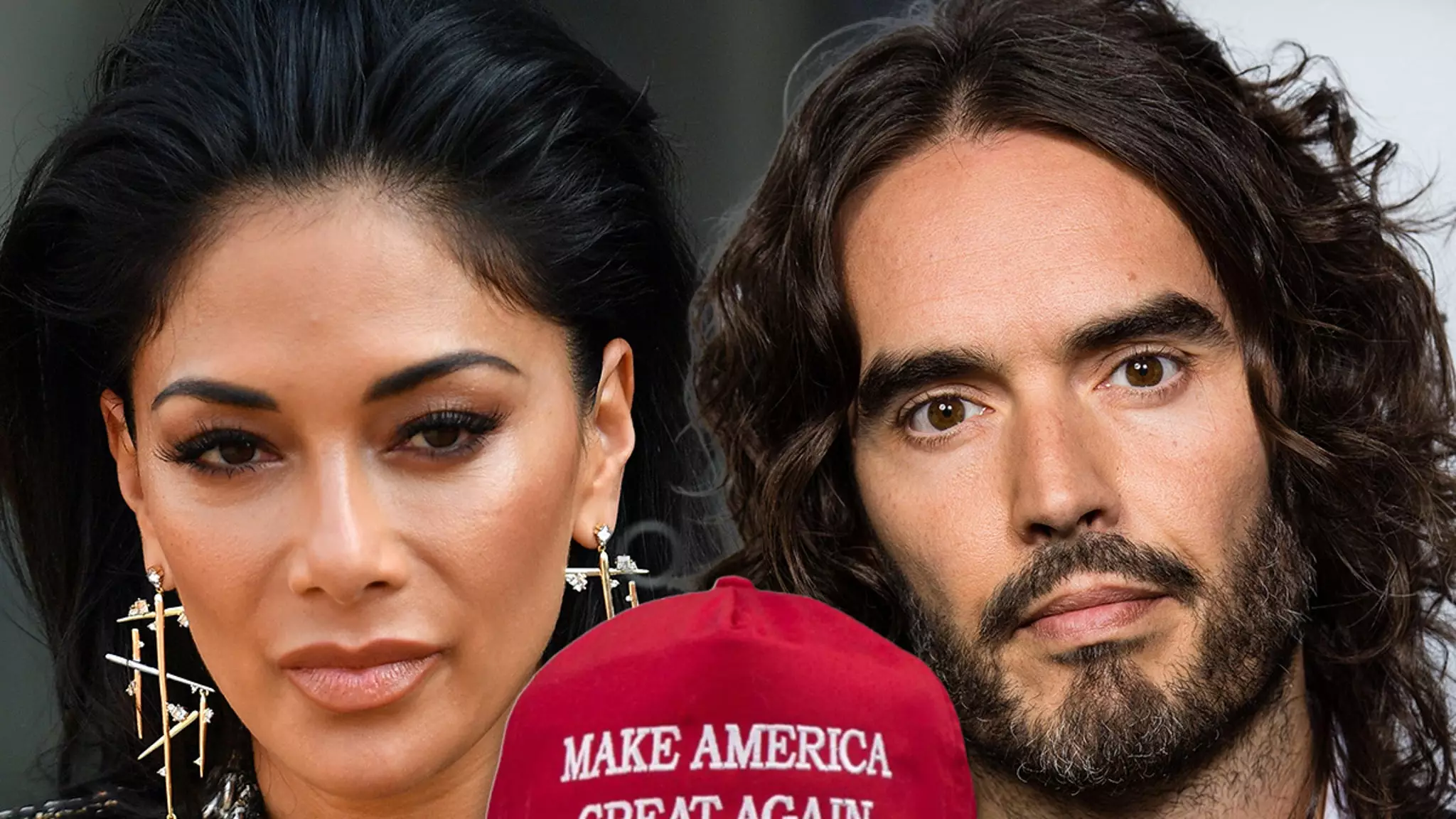In recent years, celebrities have found themselves at the center of political debates, often unwittingly. Nicole Scherzinger’s recent social media episode exemplifies this phenomenon, showcasing how public figures navigate the turbulent waters of political expression, branding, and personal belief. After sharing a social media post that seemed to endorse a MAGA-related message from Russell Brand, Scherzinger was met with criticism, prompting her to issue an apology clarifying her intentions and beliefs.
Scherzinger’s interaction with the post highlights a growing sensitivity surrounding political affiliations and their implications, reflecting how easily public figures can find themselves embroiled in controversies based on mere appearances. The hat featured a message that read “Make Jesus First Again,” which she interpreted as promoting love and faith. This interpretation, however, resonated differently with various audience members, leading to understandable outrage from those who perceived her engagement as a tacit endorsement of not only Brand but also of the underlying political sentiments associated with former President Donald Trump.
Navigating Faith, Politics, and Identity
In her apology, Scherzinger acknowledged the unintended consequences of her actions, expressing her regret for any hurt caused. She articulated that her intentions were not politically motivated but rather derived from her Christian beliefs, which emphasize compassion, peace, and love—values that resonate deeply amid a divisive political climate. This situation raises an important question: how can celebrities express their beliefs authentically without alienating their supporters?
The dynamic between personal belief and political implications is delicate, especially for public figures who often serve as role models. Scherzinger’s experience demonstrates that messages intended to promote unity and love can be misconstrued, especially when filtered through a politically charged lens. By asserting that the presumptions made about her character do not align with her true beliefs, she attempts to re-establish her identity beyond a soundbite, affirming her solidarity with marginalized communities.
The Role of Accountability and Representation
While Scherzinger sought to reconnect with her audience through her apology, it is crucial to consider how much one can realistically detach from the narratives crafted around their public persona. Followers are understandably concerned when celebrities engage with controversial figures like Russell Brand, especially in light of Brand’s previous allegations of serious misconduct. Such dynamics underline the responsibility that comes with being a public figure; every action and association is scrutinized and interpreted through a lens of existing biases and narratives.
Scherzinger’s situation is a reminder that celebrity culture, imbued with influence, also demands accountability. Navigating this landscape requires careful consideration of how one’s actions may be perceived, as even benign intentions can lead to backlash. As she encouraged her followers to promote love and collaboration, the real challenge lies in how effectively she can communicate her values moving forward, particularly in a world that often conflates personal beliefs with political allegiance.
In essence, Scherzinger’s apology outlines a broader conversation about the intersections of faith, politics, and public identity, serving as a poignant example of the intricacies faced by celebrities in modern discourse. The onus is now on not only Scherzinger but all public figures to tread thoughtfully in a space where personal beliefs and political implications converge.

